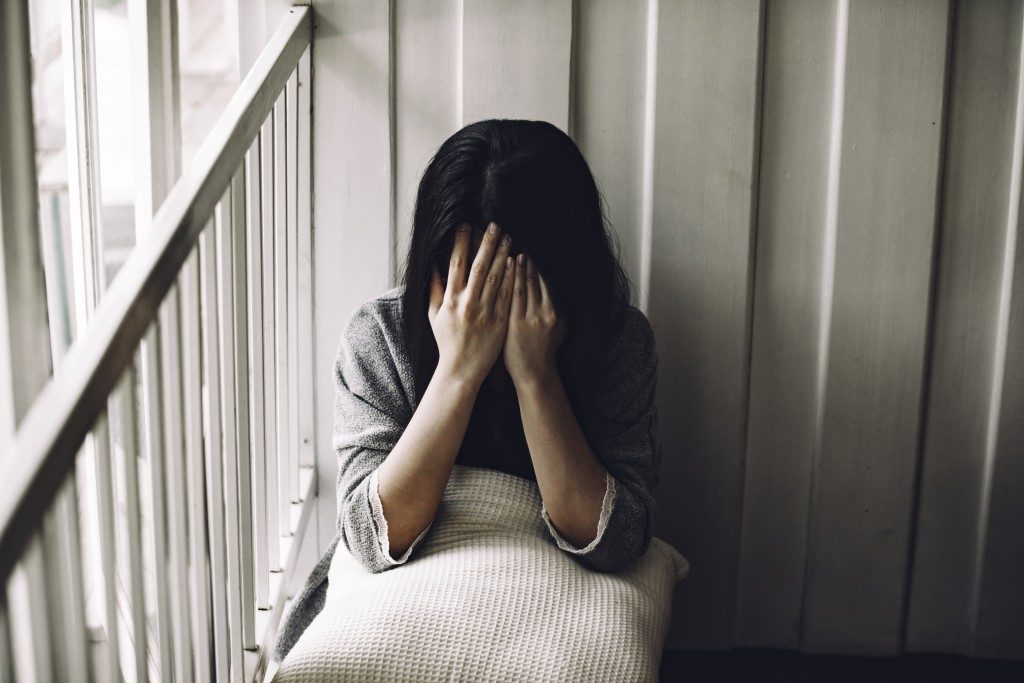Atypical depression isn’t unusual — despite having the word “atypical” in its name. According to the Mayo Clinic Foundation, it might be among the most common forms of depression that mental health professionals believe is under-diagnosed. So what exactly is this condition?
Warning Signs of Atypical Depression
Studies have found that individuals suffering from atypical depression have more disabilities, lose more working days, and utilize healthcare services more than those struggling with other forms of depression.
Atypical depression comes with different symptoms, so it’s treated differently. According to individuals struggling with it, it could be extremely overwhelming, mentally and physically.
Unlike other forms of depression, individuals with atypical depression could come out of their depressive state due to positive incidents. Unfortunately, they could also overreact to negative ones. Even “feeling” rejected by a boss, friend, or loved one could trigger severe depression.
The following are common warning signs of atypical depression:
- Leaden Paralysis – This refers to a feeling of heaviness felt in the legs and arms. Individuals with atypical depression may feel very tired and weighed down, as if something is stopping them from moving at a normal pace.
- Increased Appetite – Weight gain is among the most common hallmarks of atypical depression.
- Increased Sleep – Individuals with atypical depression have the urge to just sleep and sleep whenever they can.
- Increased Sensitivity – Individuals with this form of depression might expect that others won’t approve of them or like them.
Treatment for Atypical Depression

One of the most revealing clues that this kind of depression differed from all the other depression types was that symptoms responded better to monoamine oxidase inhibitors, which are antidepressants. Currently, atypical depression can be treated with a combination of the following options:
- Cognitive Behavior Therapy (CBT) – This is basically psychotherapy or talk therapy that’s utilized for treating many forms of depression and other mental health issues. According to studies, CBT is as effective as monoamine oxidase inhibitors for treating atypical depression in some individuals. With help from an experienced CBT specialist in Westport, CT, you’ll be able to understand why you feel the way you feel and come up with healthier coping mechanisms for your unhealthy thoughts and behaviors.
- Monoamine Oxidase Inhibitors (MAOIs) – These are the most commonly used medications for atypical depression in years past, but could have very adverse effects.
- Selective Serotonin Reuptake Inhibitors (SSRIs) – These come with fewer adverse effects, but might also be less effective than MAOIs.
- Chromium – This mineral plays a very vital role in controlling blood sugar and may also impact the brain’s chemical messengers.
If you believe you’re experiencing the warning signs of atypical depression mentioned above, particularly if you’re always depressed and cope with it by overeating and oversleeping, get evaluated by a professional as soon as possible.
Take note that atypical depression is a severe mental health issue that comes with an increased risk of suicide, drug abuse, and disability. You should get an early diagnosis and proper treatment as soon as possible.



